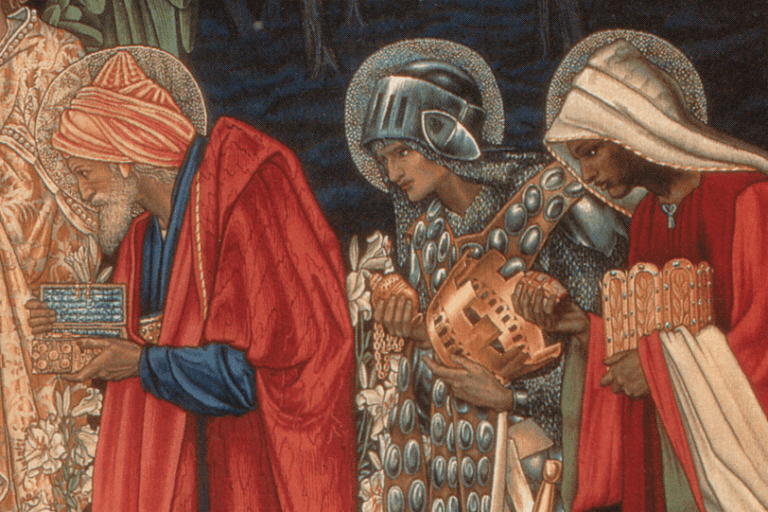
Epiphany highlights the manifestation of Jesus to the Gentiles, that is, to the Magi or wise men from the East. Further to what was stated in “At Epiphany and Beyond: What and Why You Worship ‘Manifests’ a Great Deal About You,” the wise men were truly wise: they valued Jesus based on his inherent worth. Like them, we need to value what really counts at Epiphany and beyond.
The gifts of gold, frankincense, and myrrh are often taken to signify regard for Jesus’ kingship, deity, and eventual death respectively. All three gifts were intended to honor his inherent value and worth based on what God had revealed to these Gentiles from afar about this little one. Jesus had not yet performed any great miracle that the naked eye could see. He was only a small child at the time that the wise men appeared. Still, there was something so remarkable about him. Jesus had inestimable, inherent worth.
The Apostle to the Gentiles informs us that in view of Christ he no longer views anyone in a fleshly manner: “From now on, therefore, we regard no one according to the flesh. Even though we once regarded Christ according to the flesh, we regard him thus no longer” (2 Corinthians 5:16; ESV). I don’t think his claim pertains only to believers, but to the whole world for whom Jesus came to live, die, and reconcile to God.
From an orthodox Judaeo-Christian perspective, all people have inherent value based on God having created them. How much more does Epiphany with the symbolic gifts of gold, frankincense, and myrrh manifest our worth, since the kingly and divine Jesus came to earth to die for all who have wandered far from God to bring them back to their creator?
In view of God’s love for us as his fallen creation for whom Jesus came to restore to God, how might we look at others, no matter their lot in life? Do we approach them in a fleshly manner, simply for what we can get from them, or how they benefit us based on the relative worth of their daily performance, mortal power, and ephemeral prestige? The Gentile wise men from afar did not gain anything from honoring Jesus. They simply affirmed and honored him for his inherent worth. In view of their example and Jesus’ affirmation of our value, may we no longer look at Jesus or other people in a fleshly manner. As C. S. Lewis writes in a different context, “There are no ordinary people. You have never talked to a mere mortal” (The Weight of Glory). May we look at those with whom we come into contact this Epiphany week and beyond based on God revealing to us their infinite and eternal worth as created and pursued by God. May God manifest people’s ultimate value to us as we view them with the eyes of Christ, and may we treat them with the respect due to them based on their inherent worth.












